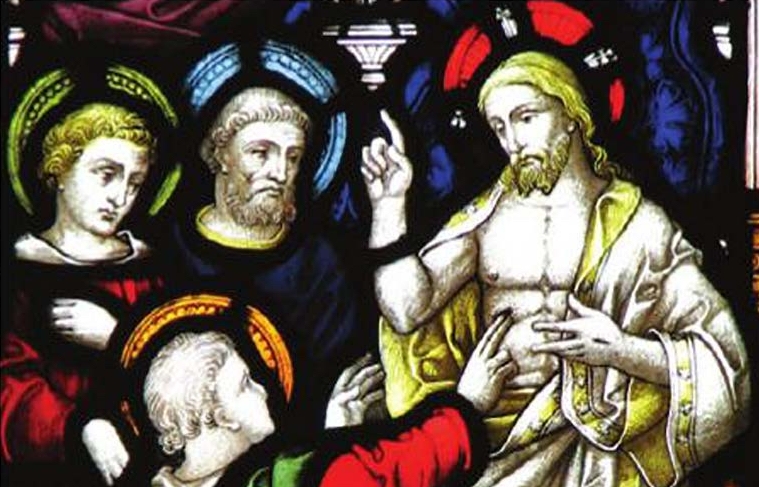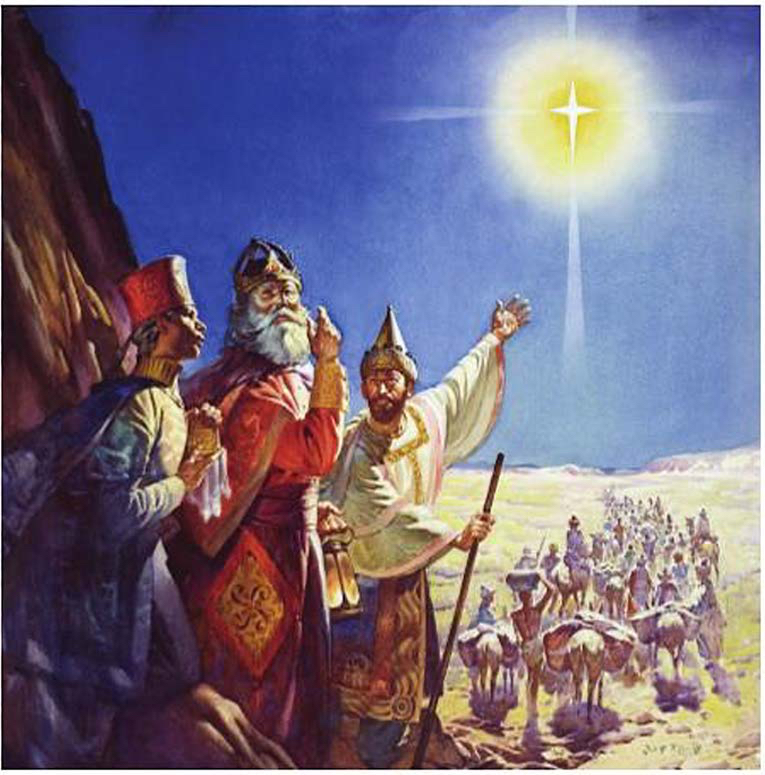Dear Parishioners & Visitors,
See what love the Father has bestowed on us
that we may be called the children of God.
The medieval scholastic philosophers and theologians left us a great gift. They showed us the ability and the method to make distinctions. In making distinctions, the finer points of an argument can be made clear. Because of distinctions we are able to better understand the elements of our faith.
In today's second reading, the Apostle John teaches us through a fine distinction. He tells us that we may be called children of God. What is so special about it, you might ask? Aren't we all children of God?
Here comes the point of the distinction. We need to make clear the difference between being creatures of God and children of God. All human being's are God's creatures. He is the source and creator of all there is. Children of God, on the other hand, are just a few among those creatures of God. The term child of God implies a parental relationship with God. We have become children of God through adoption, because there is only one natural child of God, Jesus. Through baptism we have been adopted into the family of God. Through baptism we have developed a relationship with God parallel to the relationship between Jesus and his eternal Father.
In today's second reading the Apostle John is calling our attention to the fact that it was because of love that we may be called children of God. In baptism we have identified ourselves with the Son, Jesus, and the Father loves us because he sees in us what he sees in the Son. It is not by our merits that we have become God's children. God's love has elevated our human condition to a new level through baptism. We are no longer simply God's creatures; we have become children of God. And in being so, the Holy Spirit dwells in our hearts moving us to acknowledge God as Abba, Father.
Distinctions, it is all about distinction. We are God's children, the ones called by name, the ones predestined to dwell in the house of the Father. And as the Apostle John reminds us today: We do know that when it is revealed we shall be like him, for we shall see him as he is.
-fr. Alberto Rodriguez, 0.P.




















